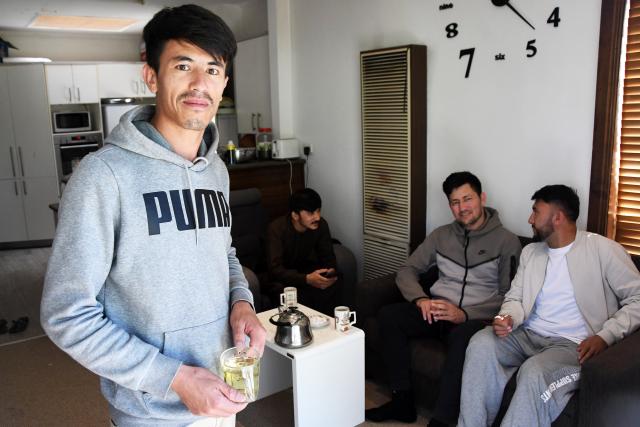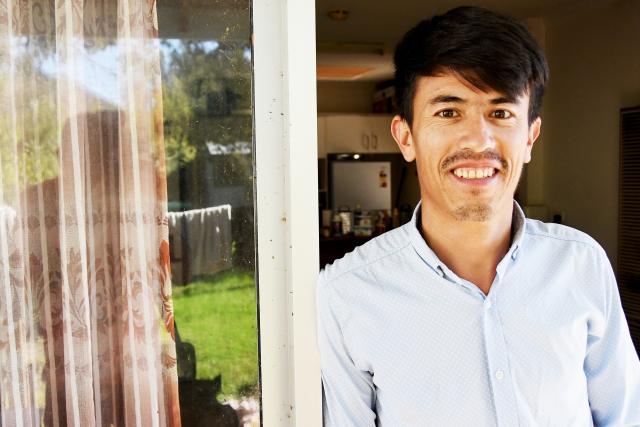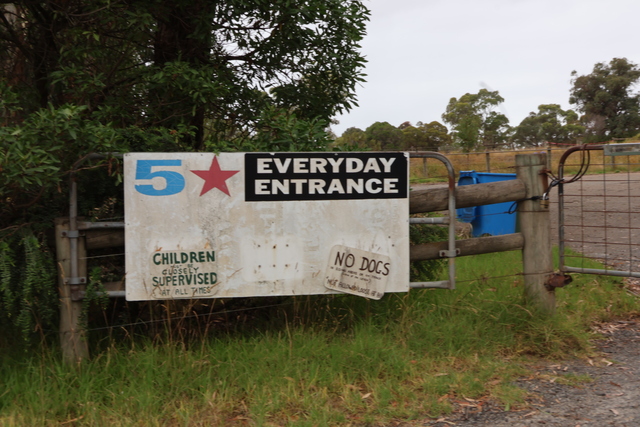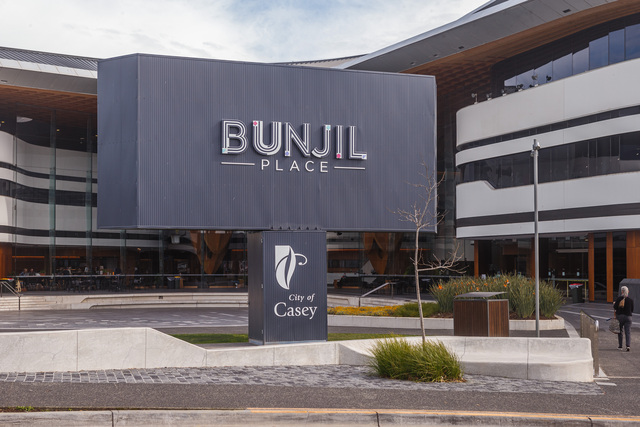No one can afford to live on JobSeeker, says refugee Asif Afzali.
Ahead of May’s federal budget, welfare groups and the government’s own Economic Inclusion Advisory Committee (EIAC) have called for a “substantial” rise in the “seriously inadequate” JobSeeker payments as a high priority.
The committee also called for an increase in Commonwealth Rent Assistance and to reform its “indexation to better reflect rent paid”.
Asif Afzali was among thousands of Afghans who fled Afghanistan after the Taliban took control in 2021.
Similar to many refugees and migrants Mr Afzali has called Dandenong home ever since his arrival and had been on JobSeeker.
“I searched too many jobs and applied.
“I don’t have local experience other things is maybe my English.”
Mr Afzali struggled to find a job even though he’s a qualified civil engineer and an electrician.
He studied at a private University in Kabul, completed his degree, worked for three years as a site engineer in commercial companies and five years as an electrician with TABS which provided electricity all over Kabul.
“My friends have the same problem as I have. Some have graphic design qualifications and some have IT qualifications.
“After some time, they start work in construction they put away their qualifications and start again from zero.”
While on JobSeeker he received $600 fortnightly and paid $550 monthly living in a shared house with fellow Afghan migrants.
“It was hard because it was not enough for food, paying bills, wifi and everything. We tried to find a cheaper and old house.
“Prices are going up rent prices too. It’s not enough for one person.”
Bakhtar Community Organisation CEO Bassir Qadiri said the current JobSeeker and Youth Allowance rates are below the poverty line.
“As a community organisation we work with individuals and families experiencing financial hardship and we see first-hand the challenges they face in meeting their basic needs.
“Therefore, we believe that increasing the payments would provide much-needed relief for those struggling.”
Bakhtar Community Organisation (BCO) provides a range of volunteering services to new arrivals in the country from Afghanistan and Ukraine.
From donating clothes, household items, laptops to interpretation and legal services, BCO is at the forefront to help the community.
ACOSS CEO Cassandra Goldie said income support levels are woefully inadequate and must be raised.
“In the past 12 months, the costs of food, rent and energy have all surged by double digits.
“This has meant that people on JobSeeker and related payments cannot afford to eat enough, cannot get essential medication or healthcare, and often go into debt to pay their energy bills.
“No one should have to choose between food and medicine, but these are exactly the choices being forced on people in Australia, one of the world’s wealthiest nations.
“The only way to address this problem is to deliver a real increase to JobSeeker and related payments so that they are lifted to at least the same level as the pension.”
ACOSS also recommended doubling Commonwealth Rent Assistance, establish disability and illness supplement of at least $55 a week to recognise the additional costs that people with disability and chronic illness face and establish a single parent supplement.
Treasurer Jim Chalmers and Social Services Minister Amanda Rishworth formed the EIAC, which is comprised of social security and economics experts, unions, business groups, philanthropy and others.
In a joint media release in response to the EIAC report, Mr Chalmers and Ms Rishworth said, “While we can’t fund every good idea, there will be measures in the May Budget to address disadvantage.
“This will include energy bill price relief that prioritises those on payments and pensions.
“Some of the Committee’s 37 recommendations will be considered as part of other government processes that are currently underway, such as the development of the Employment White Paper, the Measuring What Matters Statement and the Early Years Strategy.”
After some time, Mr Afzali gave up his search for role as site engineer and started his electrical apprenticeship.
“The first option for me was to be an engineer. I tried too much and applied for many jobs.
“It’s hard to join construction companies to be site engineer.”
Mr Afzali has left behind his wife and two kids in Afghanistan that he has to support financially as well.
It’s been a year since he applied for their visa and he hasn’t heard anything.
Mr Afzali now works full-time as an electrician and only wishes to be united with his family in Australia.








